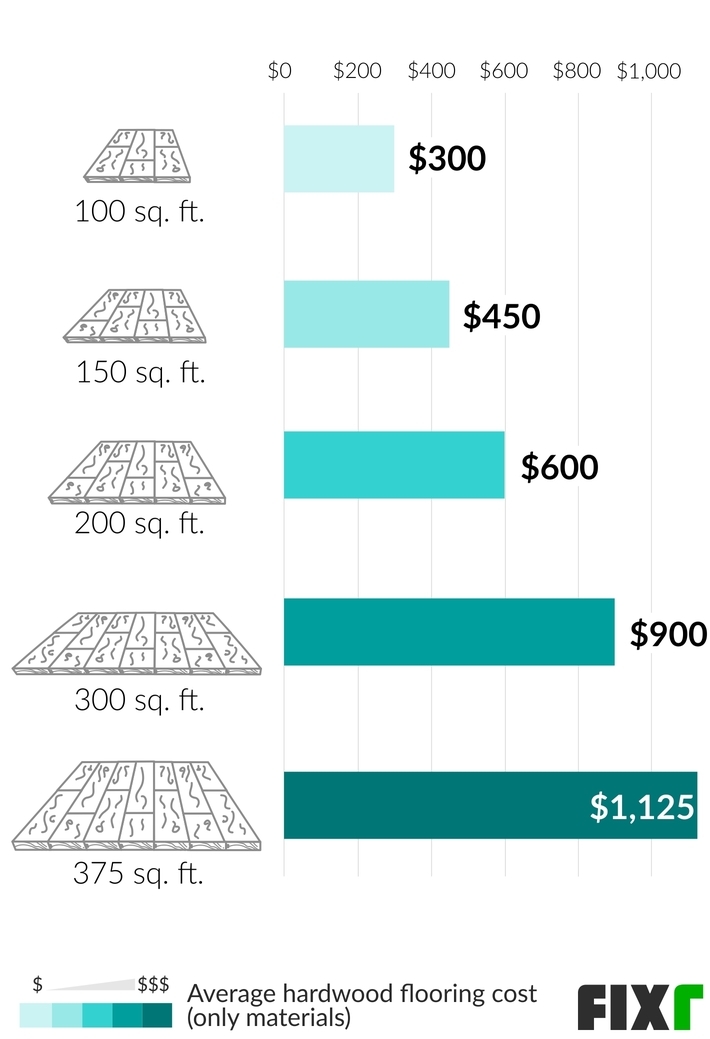Hardwood flooring is one of the most popular options when it comes to upgrading the look of your home. Not only is it beautiful, but it is also durable, easy to maintain, and long-lasting. However, many potential buyers are daunted by the hardwood flooring cost per sq ft. Understanding the cost of hardwood flooring is essential to making the right decision for your home, and this guide will help you to understand the factors that go into the cost.
Factors that Affect Hardwood Flooring Cost Per Sq Ft
There are a number of factors that affect the cost of hardwood flooring per sq ft. These include the type of wood, the grade, the thickness, and the size of the boards. Additionally, installation costs can vary depending on the complexity of the job and the type of installation.
Type of Wood
The type of wood is one of the main factors that affects the cost of hardwood flooring. Generally, the more expensive the wood, the more expensive the flooring. For example, hardwoods such as oak, hickory, and mahogany are more expensive than pine and maple. Additionally, exotic woods such as Brazilian cherry or teak are more costly than domestic woods.
Grade
The grade of the wood is another factor that affects the cost of hardwood flooring. Generally, higher grade woods are more expensive than lower grade woods. The grade of wood is determined by the quality of the wood and the number of knots and blemishes. Higher grade woods are usually more desirable, as they have fewer knots and blemishes and a more uniform color.
Thickness
The thickness of the wood is another factor that affects the cost of hardwood flooring. Generally, thicker boards are more expensive than thinner boards. Thicker boards are more durable and can handle more traffic, making them a better choice for high-traffic areas. Additionally, thicker boards are less likely to warp or bend over time.
Size of the Boards
The size of the boards is another factor that affects the cost of hardwood flooring. Generally, wider boards are more expensive than narrower boards. Wider boards are more visually appealing and can make a room appear larger. Additionally, wider boards are more stable and less likely to warp or bend over time.
Installation Costs
Installation costs can also vary depending on the complexity of the job and the type of installation. Generally, more complex jobs such as installing hardwood floors in a curved pattern are more expensive than simpler jobs such as installing straight boards. Additionally, some types of installation require more time and labor, which can also increase the cost.
Conclusion
Hardwood flooring is a great way to upgrade the look of your home. However, it is important to understand the factors that affect the cost of hardwood flooring per sq ft. The type of wood, grade, thickness, and size of the boards all affect the cost, as does the complexity of the installation job. By considering all of these factors, you can make an informed decision when it comes to selecting hardwood flooring for your home.















Related Posts








